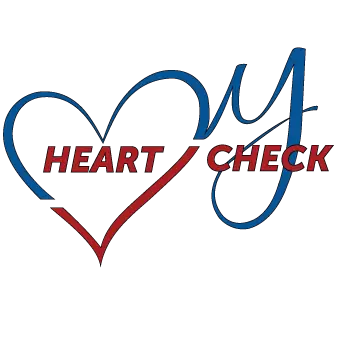WHAT IS IT?
Hypertrophic obstructive cardiomyopathy (HOCM) is a disease where the heart muscles become thickened making it hard for them to pump blood throughout the body. In HOCM, there is an associated genetic mutation seen in the cardiac beta (β)-myosin heavy chain. This disease is an autosomal dominant condition that has been known to cause sudden cardiac death in younger patients, especially athletes. The CARDIA epidemiological study concluded that 2 out of 1000 young adults are at risk for HOCM related morbidity and mortality. This makes screening, especially of high risk patients, a significant part of reducing mortality rate.
The main anatomical change in HOCM is a subaortic stenosis due to the thickening of the ventricular septum which impedes outflow through the aorta.There is different pressure gradient across the LV outflow tract. It seems to be related to the narrowing of the small outflow tract by the systolic anterior motion of the mitral valve against the hypertrophied septum. There are explanations for the systolic anterior motion of the mitral valve: (1) the mitral valve is pulled against the septum by contraction of the papillary muscles due to the septal hypertrophy, alerting the orientation of the papillary muscle, (2) the mitral valve is pushed against the septum due to the abnormal position in the outflow tract, (3) the mitral valve is pulled toward the septum because of the lower pressure that occurs as blood is ejected at high velocity through a narrowed outflow tract. Most patients with HOCM have abnormal diastolic function, which will cause dysfunction in ventricular filling and increased filling pressures.

SIGNS & SYMPTOMS
Most patients with HCM or HOCM have few or no symptoms. If symptoms are present they can include any combination of shortness of breath (dyspnea), a racing heart (palpitations), a heart murmur, chest pain, fatigue, light headedness, fainting (syncope), and sudden death. Most of these symptoms manifest during strenuous exercise or high intensity sports. Unfortunately, since HCM and HOCM patients usually do not have any symptoms, sudden death can often be the way this disease manifests itself. However, it should be noted that sudden death is extremely rare and only happens in about 1% of HCM and HOCM patients.
DIAGNOSTIC TESTS
Routine bloodwork for HOCM is unremarkable but may show an abnormal B-type
natriuretic peptide (BNP).
Chest radiography is often unremarkable but may show left ventricular hypertrophy.
ECG abnormalities can include non-specific ST and T wave changes, left ventricular hypertrophy, and exaggerated septal Q-waves also known as a pseudoinfarct pattern. These abnormalities in the absence of coronary artery disease suggests HOCM.
Transthoracic echocardiography (TTE) is the mainstay of diagnosis. TTE can evaluate the septum’s thickness as well the location and pattern of the hypertrophied site. It also demonstrates left ventricular hypertrophy, asymmetrical septal hypertrophy, small left ventricle, and diastolic dysfunction.

TREATMENT
Beta blockers are the initial drug of choice in symptomatic patients and when dynamic outflow obstruction is seen in echocardiogram because the slower heart rate helps with diastolic filling of the stiff left ventricle. Calcium channel blockers like Verapamil are also effective due improvement of diastolic function. Dual-chamber pacing may prevent the progression of hypertrophy and obstruction. Non surgical septal ablation has been performed by injection of alcohol into septal branches of the left coronary artery has shown positive results. Partial excision of of the myocardial septum called myomectomy has been successful in patients that do not respond to other treatments. Some can have mitral valve replacement done which will prevent mitral regurgitation. In rare cases, if all treatments have failed in a severely symptomatic patient, cardiac transplantation is often indicated.
References:
Sherrid MV, Chu CK, Delia E, Mogtader A, Dwyer EM Jr. An echocardiographic study of the fluid mechanics of obstruction in hypertrophic cardiomyopathy. J Am Coll Cardiol; 22:816–825
